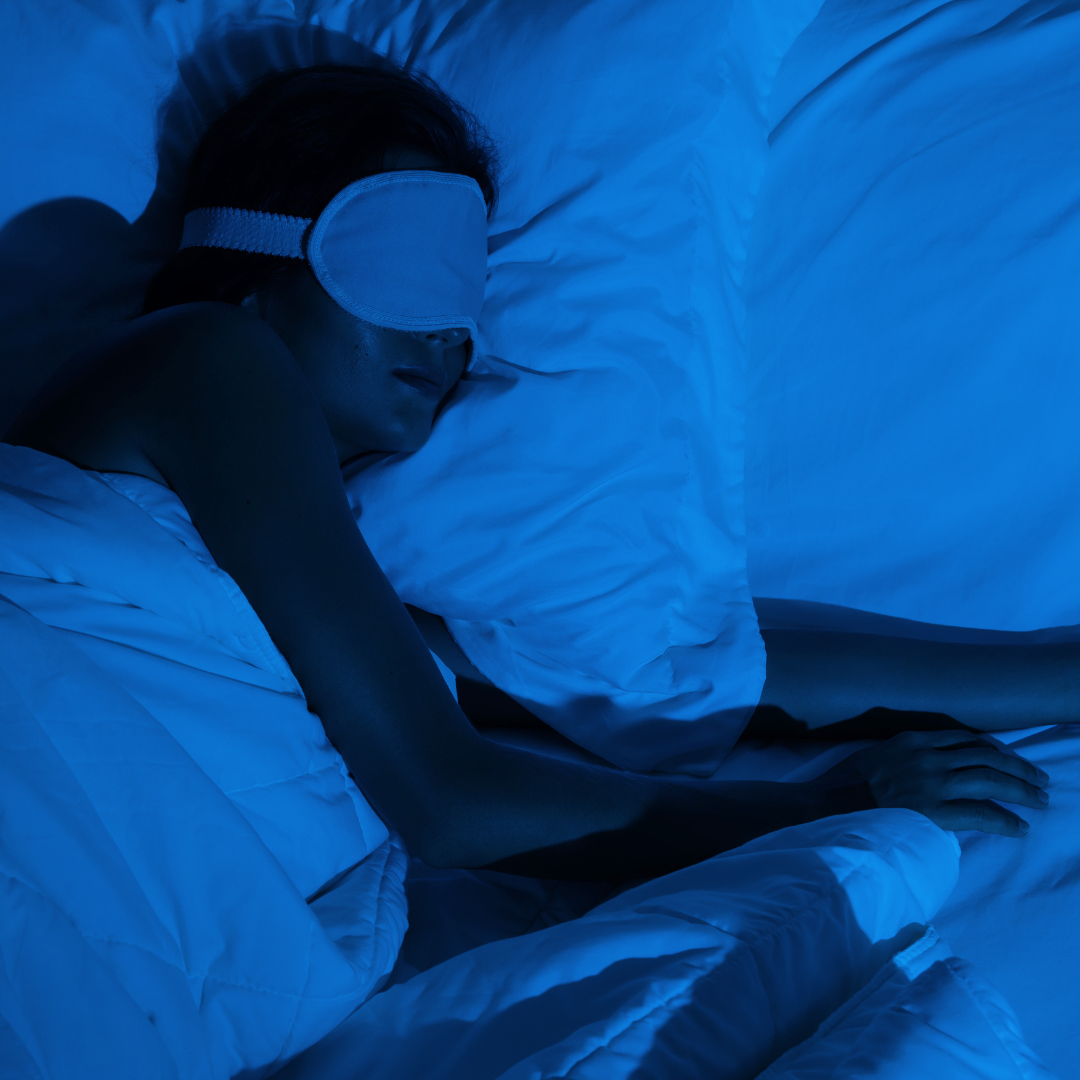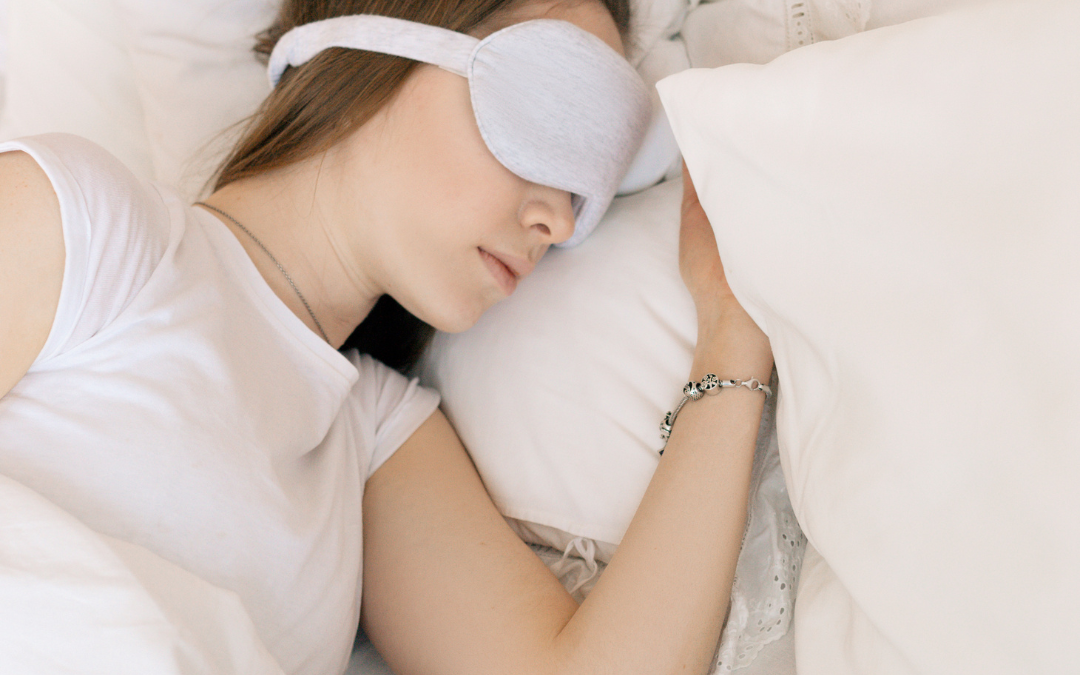Introduction:
Sleep plays a vital role in maintaining our overall well-being. It not only rejuvenates our bodies but also restores our minds. However, with the busy and demanding lives we lead, many individuals neglect the importance of quality sleep. In this blog, we will delve into the significance of sleep for our mental health and provide practical tips to improve your sleep routine.
Importance of Sleep for Mental Health:
Emotional Regulation
A good night’s sleep is essential for maintaining emotional stability. Sufficient sleep helps regulate our emotions, making it easier to manage stress, anxiety, and mood swings. Lack of sleep, on the other hand, can lead to heightened irritability, emotional vulnerability, and difficulty coping with daily challenges.
Cognitive Functioning
Adequate sleep is crucial for optimal cognitive functioning. During sleep, the brain consolidates memories, enhances learning, and improves problem-solving skills. When we lack proper sleep, our cognitive abilities, such as attention, concentration, and decision-making, are significantly impaired
Mental Health Disorders
Insufficient sleep has been linked to various mental health disorders, including depression, anxiety, and bipolar disorder. Chronic sleep deprivation can exacerbate existing mental health conditions and increase the risk of developing new ones. Prioritizing sleep can help prevent and manage these conditions more effectively.

Tips for Improving Sleep:
- Establish a Consistent Sleep Schedule: Set a regular sleep schedule by going to bed and waking up at the same time every day, even on weekends. This helps regulate your body’s internal clock and improves the quality of your sleep.
- Create a Soothing Sleep Environment: Make your bedroom a sleep-friendly space. Ensure a comfortable mattress, pillows, and bedding. Keep the room dark, quiet, and at a cool temperature. Consider using earplugs, eye masks, or white noise machines if needed.
- Limit Screen Time Before Bed: Electronic devices emit blue light that can disrupt your sleep-wake cycle. Avoid using screens, such as smartphones, tablets, or laptops, at least an hour before bedtime. Instead, engage in relaxing activities like reading a book, practicing mindfulness, or taking a warm bath.
- Avoid Stimulants: Limit the consumption of caffeine, nicotine, and alcohol, especially in the evening. These substances can interfere with your sleep patterns and prevent you from falling asleep or staying asleep throughout the night.
- Establish a Bedtime Routine: Develop a calming bedtime routine to signal your body that it’s time to wind down. This could include activities like listening to soft music, practicing relaxation techniques, or engaging in gentle stretching or yoga.
- Regular Exercise: Engaging in regular physical activity during the day can promote better sleep at night. However, avoid intense workouts close to bedtime, as this may stimulate your body and make it difficult to fall asleep.

Sleep is not a luxury but a necessity for maintaining good mental health. By prioritizing sleep and implementing these tips, you can enhance your overall well-being, cognitive abilities, and emotional resilience. Remember, a night of restful sleep sets the foundation for a productive and fulfilling day ahead. Make sleep a priority, and reap the benefits of a healthier mind and body.
Disclaimer: This blog is for informational purposes only and does not substitute professional medical advice. If you are experiencing severe sleep disturbances or mental health issues, please consult a healthcare professional.
